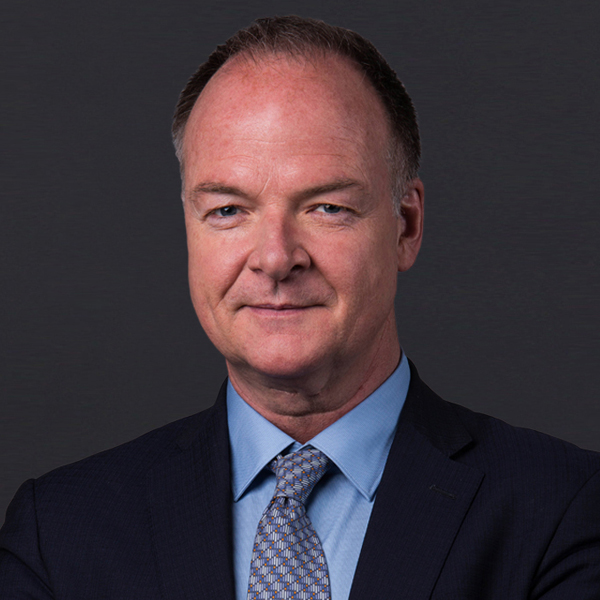
The announcement on Tuesday that the Trump administration plans to formally withdraw from WHO is disappointing and short-sighted. Leaving WHO will make all of us - and the populations we serve - more vulnerable to adverse health outcomes if the withdrawal is completed in 2021 as scheduled. Hopefully, a new administration will reverse the decision and avoid what would almost certainly be a catastrophic outcome for global health.
WHO has its flaws, certainly, but there is no question that the organization employs the most talented, dedicated, hard-working, and innovative public health professionals in the world. They are exactly the ones we want looking after global health threats, and a large percentage of GPH’s current and future students are eager to invest their time and capital to join their ranks. Of course, our goal is to help them do just that.
Despite the actions of the U.S. administration, faculty in GPH’s Global and Environmental Public Health program continue to provide opportunities for our students to work with WHO and other global agencies. In fact, in order to address the overwhelming and ongoing global pandemic, our students and alumni are in demand by the organization to an extent that we have not seen before.
For example, Dr. Jo Ivey Boufford helps to secure internships for our students at PAHO each year, and the number of requests for talented assistance is increasing. We’ve also seen individuals and teams from faculty labs take on assignments from WHO sections that have an ongoing need to engage well-prepared, talented, and hard-working GPH students. A team from my lab recently completed a review of region-specific developments in the progress toward universal health coverage, and their WHO “clients” have asked for another team to join the effort when the new semester begins.
Finally, many of our colleagues have been actively engaged in the timely and relevant course on Behavioral Communication Strategies for COVID-19, including Dr. David Abramson, Dr. Joyce Moon Howard, Dr. Carlos Chirinos, Dr. Mari Armstrong-Hough, Clay Shirky, and Dean Cheryl Healton. We have already offered it twice, once globally and once focused on East Africa, and more than 100 students, UN agency employees, government staff, heads of hospital systems, and others on the frontlines of the pandemic response came together to develop innovative strategies to reduce risk and mitigate the effects of the pandemic on vulnerable communities. These and other courses have not only created and fostered a professional network for all of the participants, but they have also provided the chance to immediately improve health outcomes and have resulted in dozens of internships and consultancies for our students. Importantly, they have underscored the commitment of GPH to global health and to WHO in particular.
We’ll run two versions of the course this fall in partnership with UNICEF and the WHO Eastern Mediterranean Regional Office (EMRO). One course will focus on East Africa and the other will develop strategies to mitigate the effects of the pandemic in the Eastern Mediterranean region. For more information on these courses this fall, please follow the links above.
In short, our world urgently needs the type of leadership and attention provided by WHO to address not just the pandemic, but an incredible array of other complex health threats. WHO, in turn, needs and appreciates organizations like ours and together we can work toward a safer and more equitable world.

Chris Dickey, DrPH, MBA, MA
Director of the Global and Environmental Public Health Program
Clinical Associate Professor of Global Health